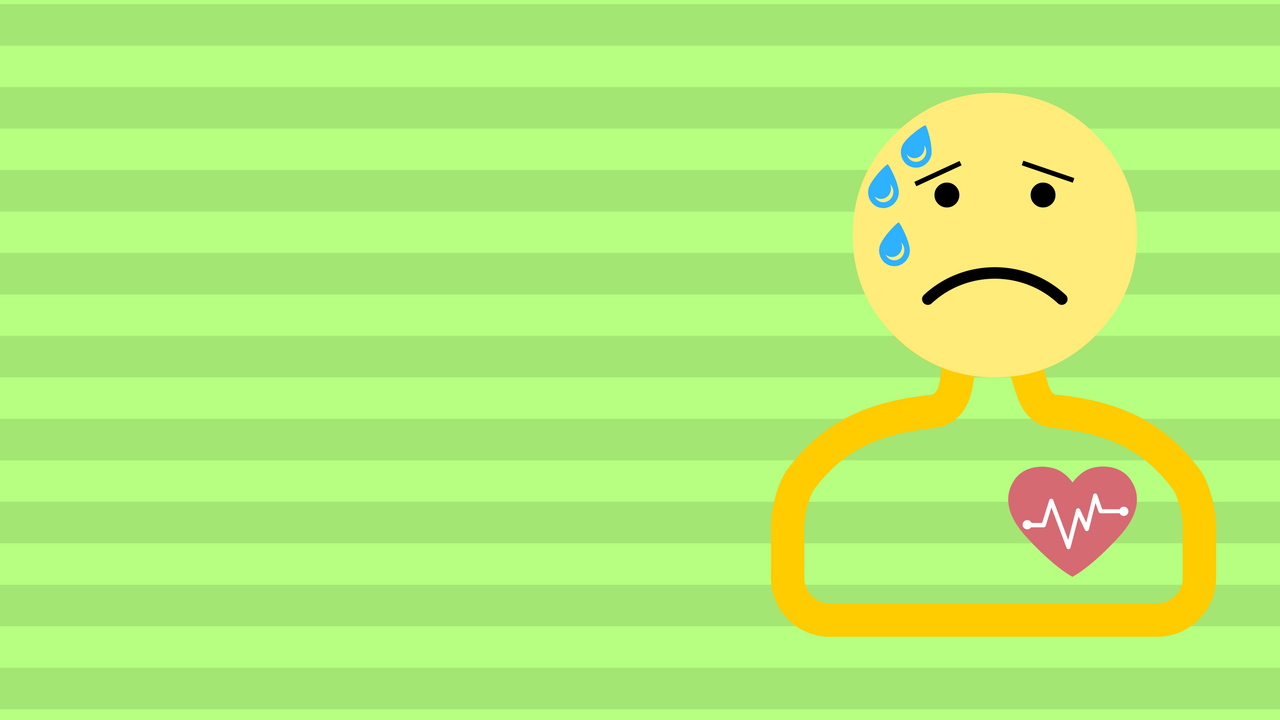What is Anxiety?
Everyone worries and feels nervous every now and then. In fact, it is perfectly healthy to feel worried and nervous. You might even notice that it can be an advantage for you to feel worried and nervous. It could motivate you to study, it will protect you from getting hit by a car when walking across the street or even help you remember your next doctor’s appointment. Anxiety is bad when the worry, panicky, frightened and nervous feelings get too overwhelming. These feelings can take control of your life and prevent you from doing all the things that you want to do.
What are the Types of Anxiety?
Generalized Anxiety Disorder
Difficulty with controlling your worry. Experiencing anxiety and worry to a high degree. This can lead to many symptoms that cause distress throughout all or some areas of your life.
Separation Anxiety Disorder
Excessive fear over the separation from home or attachment figures. It is natural for a young child to feel scared and worried about being away from his parents. A teenager or an adult that is experiencing this fear and not being able to separate from parents, family or home may need to seek help.
Selective Mutism
Consistent failure to speak in specific situations that interferes with educational, occupational achievement, and/or with social communication. It is important to take note that not speaking because of the lack of knowledge or comfort with speaking a language does not mean you have selective mutism but, may be another form of anxiety.
Specific Phobia
An irrational fear of a specific object or situation. This particular type of anxiety has a lot of variation. There could be a fear of dogs, seeing blood, heights, clowns, flying, snakes etc… People seek help for different types of fears however, if you are comfortable with having this fear there may be no reason to seek help.
Social Anxiety Disorder (Social Phobia)
Extreme shyness that creates struggles with communicating with people because of the fear of embarrassment or humiliation. Some examples of social anxiety disorder is fear of meeting unfamiliar people, having conversations, being seen eating or drinking, and giving a speech in front of others.
Agoraphobia
The fear of the thought that escape is going to be difficult or that help might not be available when anxiety symptoms show up. This leads to avoiding crowded spaces or enclosed public places.
Panic Disorder
Recurrent unexpected panic attacks. A panic attack is rush of intense discomfort of fear followed by physical and cognitive symptoms. The symptoms are listed below.
What are the Signs and Symptoms of Anxiety?
Fear of losing control
• Heart pounding/racing
• Terrified or afraid
• Heart pounding / racing
• Numbness or tingling
• Feeling hot
• Wobbliness in legs
• Unable to relax
• Fear of worst happening
• Dizzy or lightheaded
• Nervous
• Feeling of choking
• Hands trembling
• Difficulty in breathing
• Dizzy or lightheaded
• Heart pounding/racing
• Unsteady
• Fear of dying
• Face flushed
• Hot/cold sweats
• Scared
• Shaky / unsteady
• Fear of losing control
• Difficulty in breathing
• Indigestion
• Faint / lightheaded
• Difficulty in breathing
• Dizzy or lightheaded
I think I am suffering from Anxiety, What Can I Do?
A lot of people suffer from Anxiety at varying degrees. I can imagine that your Anxiety has been difficult to deal with. You may have tried a lot of different ways to deal with this problem. There are self help options such as the book When Panic Attacks by Dr. David Burns. Another option is seeking medication to help with your anxiety. The option that I recommend is Cognitive Behavioral Therapy (CBT) which, has many different techniques that will help you with your anxiety. Research indicates that CBT shows significant improvements for symptoms of anxiety.

